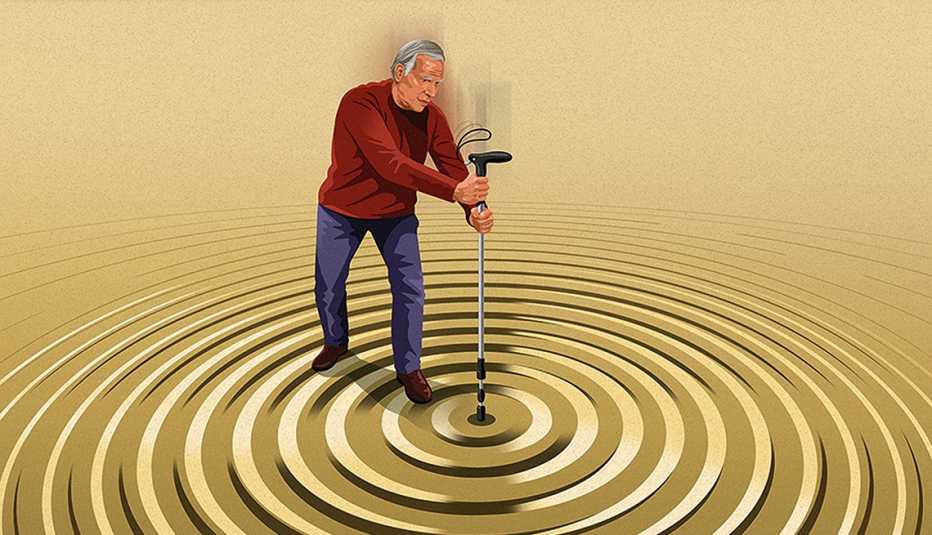Staying Fit


One of the great pleasures of learning a foreign language is the discovery of terms denoting something we just don’t have a word for in English.
German has a host of them, like schadenfreude (the shadow pleasure you feel at somebody else’s failure) and verschlimmbessern (making something worse when you were trying to make it better).
When I lived in Japan, I came upon words like that all the time — gems like yūgen (the profound sense that your entire existence is just a speck in the vast expanse of the universe).
And then there’s the important Japanese word ikigai. It’s written with two characters that stand for “living” and “value.” Ikigai means making your life worthwhile — living in a way that provides pleasure for you and value to those around you. We don’t have this word in English, but we definitely have the concept. Americans generally share the desire to do something useful with their lives.
When I was younger, I had no problems in the ikigai department. I felt that raising our children to be decent, educated citizens was a useful service to our country. In my job as a foreign correspondent and in my books, I tried to share lessons from other countries that could help Americans reduce crime, provide health care to everybody, and make taxes simpler and fairer.
But now I’m turning 80 — and ikigai has become a problem. I’m retired. Heck, I could sit around the house all day doing nothing but reading books, playing Wordle and making umeboshi onigiri (rice balls filled with pickled plums), another great lesson I picked up in Japan. Frankly, there are some days when that’s all I do. And yet, the yearning to be useful remains strong.
This seems to be a common impulse among older Americans. It sparked a front-page headline recently in The Wall Street Journal: “More High-Powered People Choose to Work Into Their 80s.” The reason, the Journal reported, is “a sense of purpose that refuses to fade.”
Many retirees I know have that same “sense of purpose.”
My friend John, a retired Latin teacher, rendered into English an important tract from the medieval theologian Thomas à Kempis. My college roommate Fred dug out his old double bass and started playing with community and university orchestras. Fred complains about all the rehearsals — but in fact, he’s loving every minute. My neighbor Daniel became a substitute teacher in the public schools. My pal Eileen volunteered as a guide at the art museum a few years back — and was promoted to head docent at the age of 78.

































































You Might Also Like
Finding a Creative Pursuit
A poetry group taught a woman new ways of looking at the world and how to process feelings she didn’t know she had
50 World Changers Turning 50
1974 brought us Nixon’s resignation, MLB’s first Black manager, the premiere of ‘Happy Days’ and more
Living On My Own in My 50s
Author Elizabeth Kuster dishes on the joys and challenges of a one-person household
More Members Only Access
Enjoy special content just for AARP members, including full-length films and books, AARP Smart Guides, celebrity Q&As, quizzes, tutorials and classes
Recommended for You